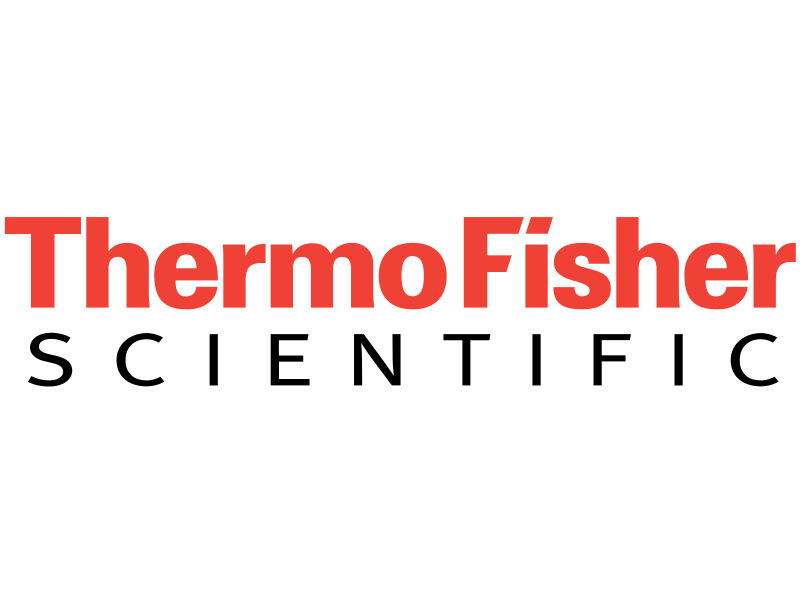



Original from: Thermo Fisher Scientific
Thermo Fisher Scientific Inc. (NYSE: TMO) (¡°Thermo Fisher¡±), the world leader in serving science, and Olink Holding AB (publ) (¡°Olink¡±) (Nasdaq: OLK), a leading provider of next-generation proteomics solutions, today announced that their respective boards of directors have approved Thermo Fisher¡¯s proposal to acquire Olink for $26.00 per common share in cash, representing $26.00 per American Depositary Share (ADS) in cash. This represents a premium of approximately 74% to the closing price of Olink¡¯s American Depositary Shares that trade on NASDAQ on October 16, 2023, the last trading day prior to the announcement of the transaction. Thermo Fisher will commence a tender offer to acquire all of the outstanding Olink common shares and all of the American Depositary Shares. The transaction values Olink at approximately $3.1 billion which includes net cash of approximately $143 million.
Olink offers leading solutions for advanced proteomics discovery and development, enabling biopharmaceutical companies and leading academic researchers to gain an understanding of disease at the protein level rapidly and efficiently. Olink¡¯s proprietary technology, Proximity Extension Assay (PEA), provides high throughput protein analysis for the very large installed base of qPCR and next-generation sequencing readout systems in the market. With a library of more than 5,300 validated protein biomarker targets, adoption of the technology has been very strong, leading to over 1,400 scientific publications. Headquartered in Sweden, Olink has operations in the Americas, Europe and Asia Pacific.
¡°The acquisition of Olink underscores the profound impact that proteomics is having as our customers continue to advance life science research and precision medicine,¡± said Marc N. Casper, chairman, president and chief executive officer of Thermo Fisher. ¡°Olink¡¯s proven and transformative innovation is highly complementary to our leading mass spectrometry and life sciences platforms. Our company is uniquely positioned to bring this technology to customers enabling them to meaningfully accelerate discovery and scientific breakthroughs. We look forward to welcoming Olink¡¯s colleagues to Thermo Fisher.¡±
Jon Heimer, CEO of Olink said, ¡°Olink is dedicated to improving the understanding of human biology by accelerating the use of next-generation proteomics and providing industry-leading data quality at unprecedented scale. Thermo Fisher¡¯s deep life sciences expertise, global reach and proven operational excellence will enable significant opportunities for both customers and colleagues, while also providing immediate value to our shareholders.¡±
The transaction, which is expected to be completed by mid-2024, is subject to customary closing conditions, including receipt of applicable regulatory approvals, and completion of the tender offer. As part of the transaction, Summa Equity AB, Olink¡¯s largest shareholder and additional Olink shareholders and management, in aggregate holding more than 63% of Olink¡¯s common shares, have entered into support agreements agreeing to tender into the tender offer. Thermo Fisher expects to fund the acquisition using cash on hand and debt financing. Upon completion, Olink will become part of Thermo Fisher¡¯s Life Sciences Solutions segment.
Olink is on track to deliver over $200M of revenue in 2024 and, as part of Thermo Fisher, is expected to grow mid-teens organically. In the first full year of ownership, the transaction is expected to be dilutive to adjusted EPS1 by $0.17. Excluding financing costs and non-cash deal related equity compensation costs, the transaction is expected to be accretive by $0.10 in that period. Thermo Fisher expects to realize approximately $125 million of adjusted operating income1 from revenue and cost synergies by year five following close. The expected strong long-term business growth and synergy realization profile make the financial returns on the transaction very compelling.
Source: Thermo Fisher Scientific to Acquire Olink, a Leader in Next-Generation Proteomics